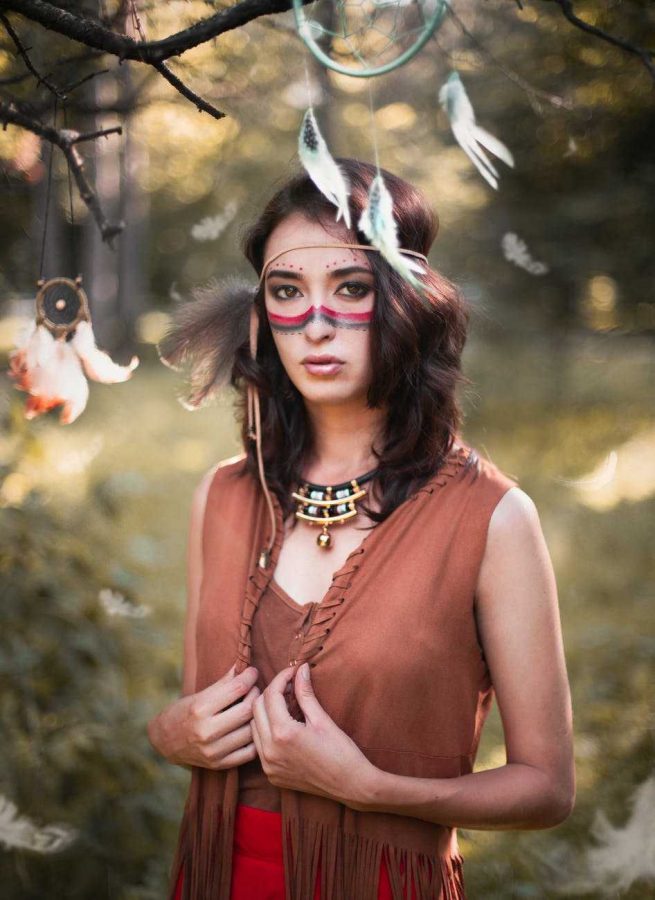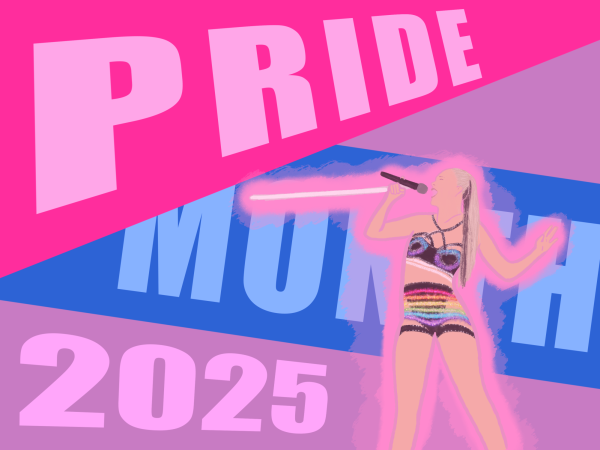The balance between Halloween and cultural appropriation
As Halloween rolls around the corner, it is probably a good time to talk about costumes and cultural appropriation.
Cultural appropriation is often defined as taking someone’s culture or part of someone’s culture — that is, dressing or engaging in someone’s culture, but lacking the respect or knowledge behind it.
For Halloween costumes, this usually comes in the form of stereotypical costumes, such as dressing “like a Native American,” wearing gold chains and dressing up as a “black thug” or wearing a sombrero and mustache to dress like a “Mexican.”
This is the worst scenario I have seen—dressing in a stereotypical fashion. Often times, the outfit does not even resemble what someone would wear but what’s assumed they would wear.
A good example is the “hula girl” costume that often stereotypes Hawaiian culture and tradition. When you stereotype, you reduce a person to a caricature. When you stereotype a culture you fail to look beyond and understand it as a whole.
What is equally offensive, too, is not just dressing stereotypically, but still dressing up in someone’s cultural outfit. People’s cultures, as well as people themselves, become costumes.
Some outfits are worn for special occasions or events. There’s a meaning behind it and it is not just something frivolous. People often don’t know the history behind it, why it is worn or what it means, but they wear it, anyway. That is why it is disrespectful.
Cultural appropriation boils down to ignorance and a lack of respect for learning the meaning behind someone’s culture. No one is saying someone should learn about different cultures. I’m not saying that. People are free to do what they want. But it’s not okay to use something from someone’s culture without educating yourself about it.
People aren’t costumes, and neither are their cultures. It is a simple matter of treating people the way you want to be treated. As long as we keep that in mind, Halloween should be fun, safe and problematic-free.







